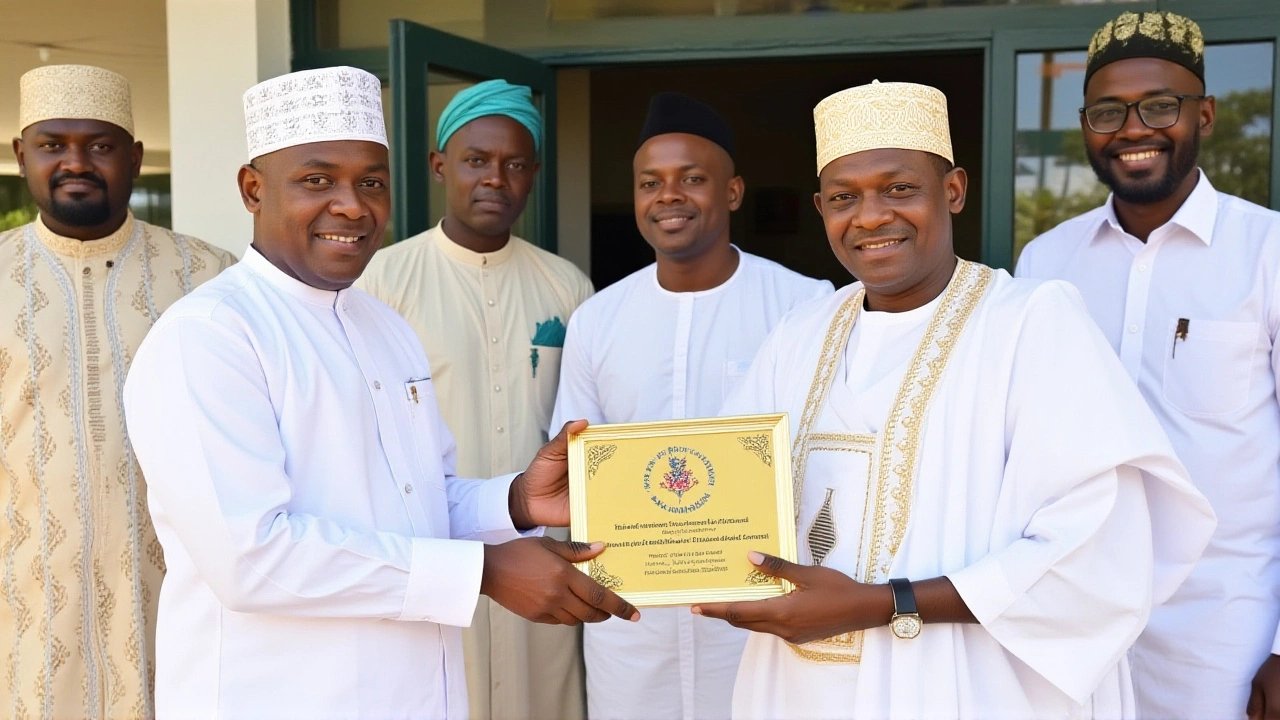Sir Ahmadu Bello – Legacy, Politics, and Influence
When you hear Sir Ahmadu Bello, the first premier of Nigeria’s Northern Region and a key figure in the country’s early political landscape, you’re stepping into a story that mixes education, colonial ties, and nation‑building. Also known as Sir Ahmadu Bello, he helped shape modern Nigeria. Below we’ll break down the main ideas that keep his name relevant today.
Born in 1910 in Rabah, Ahmadu Bello University, the premier university in northern Nigeria named after him later became a symbol of his commitment to education. His early schooling under the British colonial administration, the governing system that ruled Nigeria before 1960 gave him a unique viewpoint: he saw the benefits of modern administration but also the need for local control.
After returning from studies in the UK, Bello entered politics and quickly rose to lead the Northern Region, the largest and most populous region in pre‑independence Nigeria. As premier, he introduced policies that boosted agriculture, built roads, and promoted regional autonomy. His approach blended traditional leadership with modern governance, something that set a template for other regional leaders.
The creation of Ahmadu Bello University, established in 1962 to expand higher education in the north was one of his proudest achievements. The campus attracted scholars from across Africa, fostering a generation of professionals who later filled key roles in government, medicine, and engineering. Bello believed that education was the engine for economic growth and social stability.
Beyond schools, he championed agricultural reforms that introduced new farming techniques, irrigation projects, and cooperative models. These initiatives aimed to turn the north’s vast savannah into a food‑secure zone and reduce reliance on imports. By linking education with practical skills, he tried to create a self‑sustaining economy.
Tragically, Bello’s life ended in 1966 when he was assassinated during a military coup. His death shocked the nation, but his ideas lived on. Many of his policies were later adopted in national development plans, and his emphasis on education still shapes university curricula today.
Today, analysts see his legacy in the way northern Nigeria balances tradition with modern statecraft. The political structures he helped build still influence party dynamics, and Nigerian independence, the 1960 transition from British rule to self‑government bears his imprint through the emphasis on regional representation.
Key Themes in Sir Ahmadu Bello’s Story
Three big ideas keep popping up when you look at his life: education as a driver of change, regional empowerment within a united Nigeria, and a pragmatic blend of colonial experience with indigenous values. Each theme shows up in the articles below, whether they cover political analysis, historical retrospectives, or cultural reflections.
What follows is a curated collection of stories that dive deeper into these topics. You’ll find pieces that unpack his policies, explore the university’s growth, and assess how his vision still shapes today’s debates. Ready to see how Sir Ahmadu Bello’s influence ripples through modern news? Let’s jump in.

